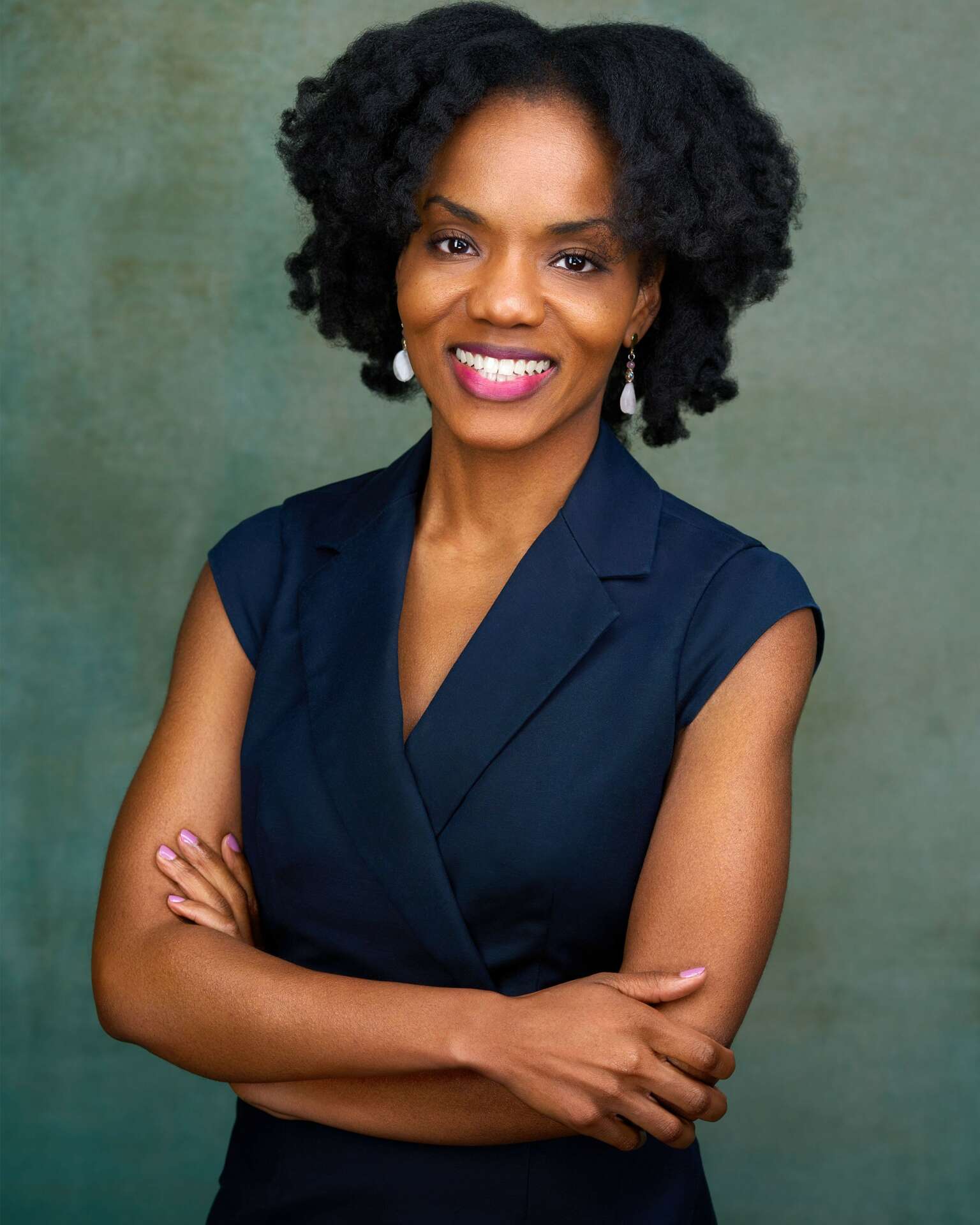We’re excited to introduce you to the always interesting and insightful Amelia Thompson. We hope you’ll enjoy our conversation with Amelia below.
Amelia, appreciate you joining us today. Let’s kick things off with your mission – what is it and what’s the story behind why it’s your mission?
Poem: Who?
Her poverty filled the spaces where commuters weren’t
Wedged between a rock and the hardest place
She slept or pretended to sleep
as we pretended to not see,
to unnotice the stench of her remorse
Filling every wisp of air
Sorrowful and forgotten
Her condo, my morning chariot
Where a house wasn’t, where a home could never be
I exited leaving her behind
But the memory of her forgottenness ever with me
‘Til I chose to forget it.
And with it, her.
Who?
I wrote this poem to express how overlooked and forgotten I imagine women who are unhoused and living on the subways of New York City feel. I have a hard time understanding how women cope with homelessness. This interest led me to explore how unhoused women manage their menstrual cycles. After watching a video on the topic, I was inspired to raise awareness about period poverty. I then became informed about the challenges girls face when they reach puberty in countries and contexts around the world that lack appropriate sanitation and clean water. I learned that often women are excluded from making decisions about household purchases in low- and middle-income countries. There is no surprise then that menstrual health products are often overlooked and excluded. These discoveries led me to begin the initiative, WeDeliverPeriod (WDP). WDP exists to celebrate the purpose and dignity of women and girls globally. We tackle period poverty and promote cultures of gender equity through leadership development, partnerships, curriculum design and training. This is one initiative of a broader organization I run called RenewToday that exists to promote cultures of gender and racial equity.
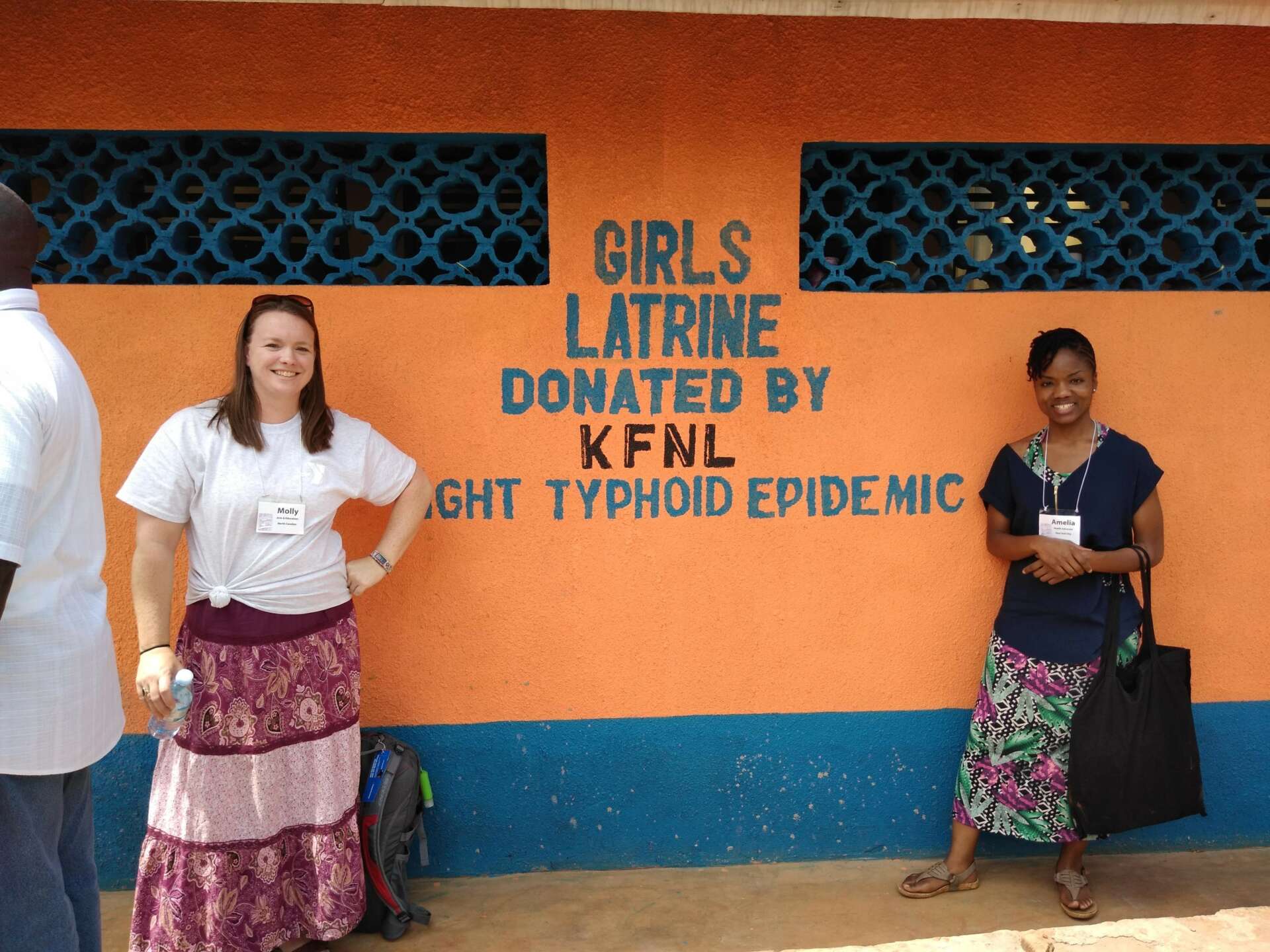
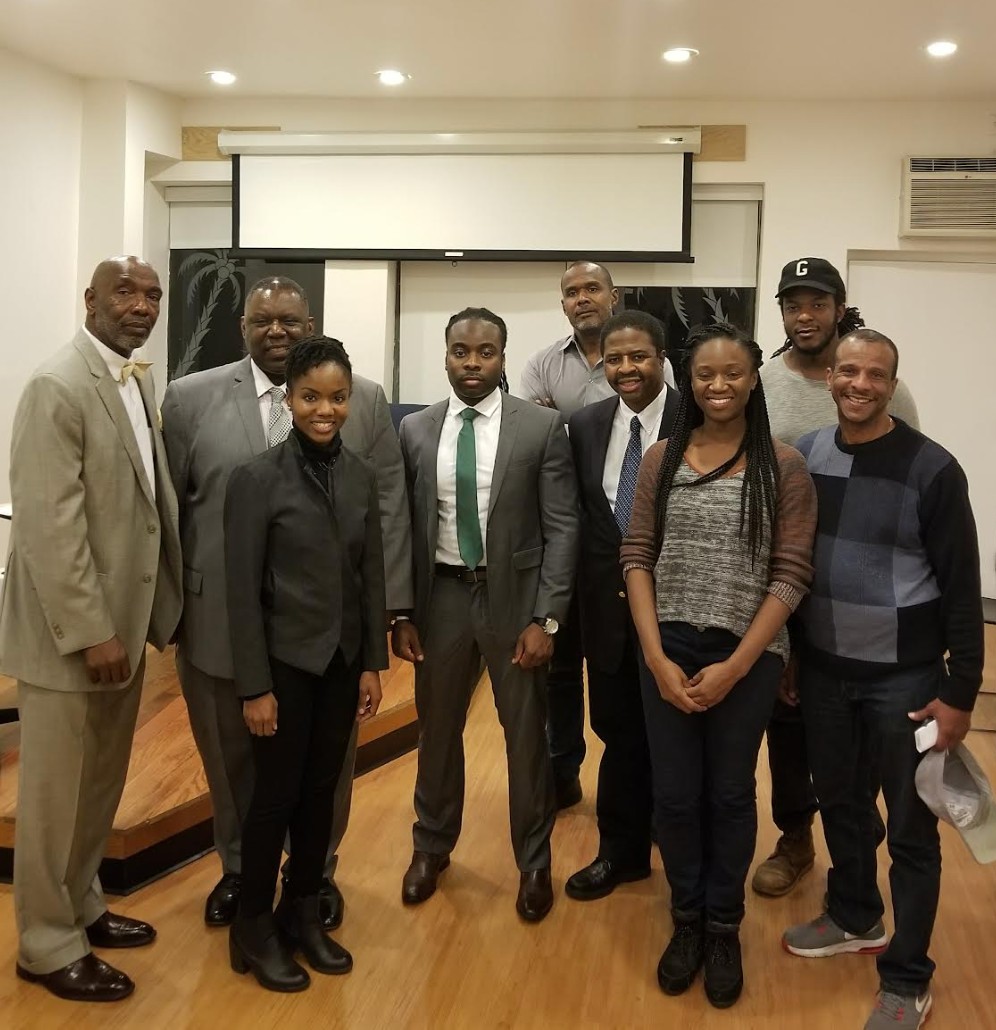
Awesome – so before we get into the rest of our questions, can you briefly introduce yourself to our readers.
I have two mothers: I was born in NYC to a young woman who immigrated to the United States from Haiti, and I was placed into foster care in NYC when I was two months old. I was later adopted by an elderly woman who was born during the Great Depression and had not completed the sixth grade. She was born during an era where she was expected to help support her family through sharecropping. Despite her limited academic exposure, she instilled in me the great value of education. While attending elementary school, I vividly recall meeting a guest speaker who visited my classroom and after learning my name was Amelia said with confidence, “That means you’re born to soar.” He was making a subtle reference to the pioneering pilot Amelia Earhart. The idea that I was born for something greater than foster care and poverty made an indelible impact on me. Since this time in elementary school I went on to graduate from Vassar College and St. John’s University and most recently the Harvard Graduate School of Education (HGSE) where I studied International Education Policy. I applied to HGSE with a deep commitment to expand access to opportunities to girls around the world who face barriers to completing their education. Through these experiences, I became more committed to my organization’s unique difference: we work to support and equip the leadership of changemakers. We host leadership development experiences for youth, adults, and social entrepreneurs who desire to advance cultures of racial and gender equity.
Currently, we host a leadership development experience for social entrepreneurs based in sub-Saharan Africa called the WeDeliverPeriod Impact Fellowship. All graduates are provided a stipend and the opportunity to strengthen their leadership in areas that include advocacy, cross-national partnerships, and using data to strengthen mission. To date we’ve worked with 18 Fellows from 10 countries and 100% of graduates report their confidence as leaders and connectedness to others advancing access to education in sub-Saharan Africa has improved through participation. We also host the WeDeliverPeriod Global Ambassadors program which engages high school and college students from around the world in supporting their capacity to develop and lead local school clubs and chapters that focus on period poverty in their settings. We’ve worked with students in Switzerland, Ghana, Liberia, Canada, Costa Rica, and the United States, among others. We also host a workshop as part of the Harvard Pre-College Summer program that helps students from around the world learn about advancing gender equity through tackling period poverty. To date, we’ve worked with more than 200 students. Anonymous data from respondents (n=170) reveal that 95.3% report their understanding of period poverty has grown through participating. This array of programming is central to our mission to advance cultures of equity through leadership development across the life spectrum – from adolescence through adulthood.
Have any books or other resources had a big impact on you?
I use Brendon Burchard’s High Performance Academy Page Productivity Planner and The Eisenhower’s Decision Principle featured in Stephen Covey’s Seven Habits of Highly Effective People to organize my time. I blend these approaches by beginning each day by making a list of the key tasks in the key areas of responsibility in my life (i.e., family relationships, consulting, social impact organization). I take a second step and organize these tasks by what’s urgent versus important and decide to tackle (or at least schedule) the important things first so that my priorities are clearly tied to what’s most important rather than what’s most urgent. This process helps me prioritize and focus on the important rather than be driven by the urgent.
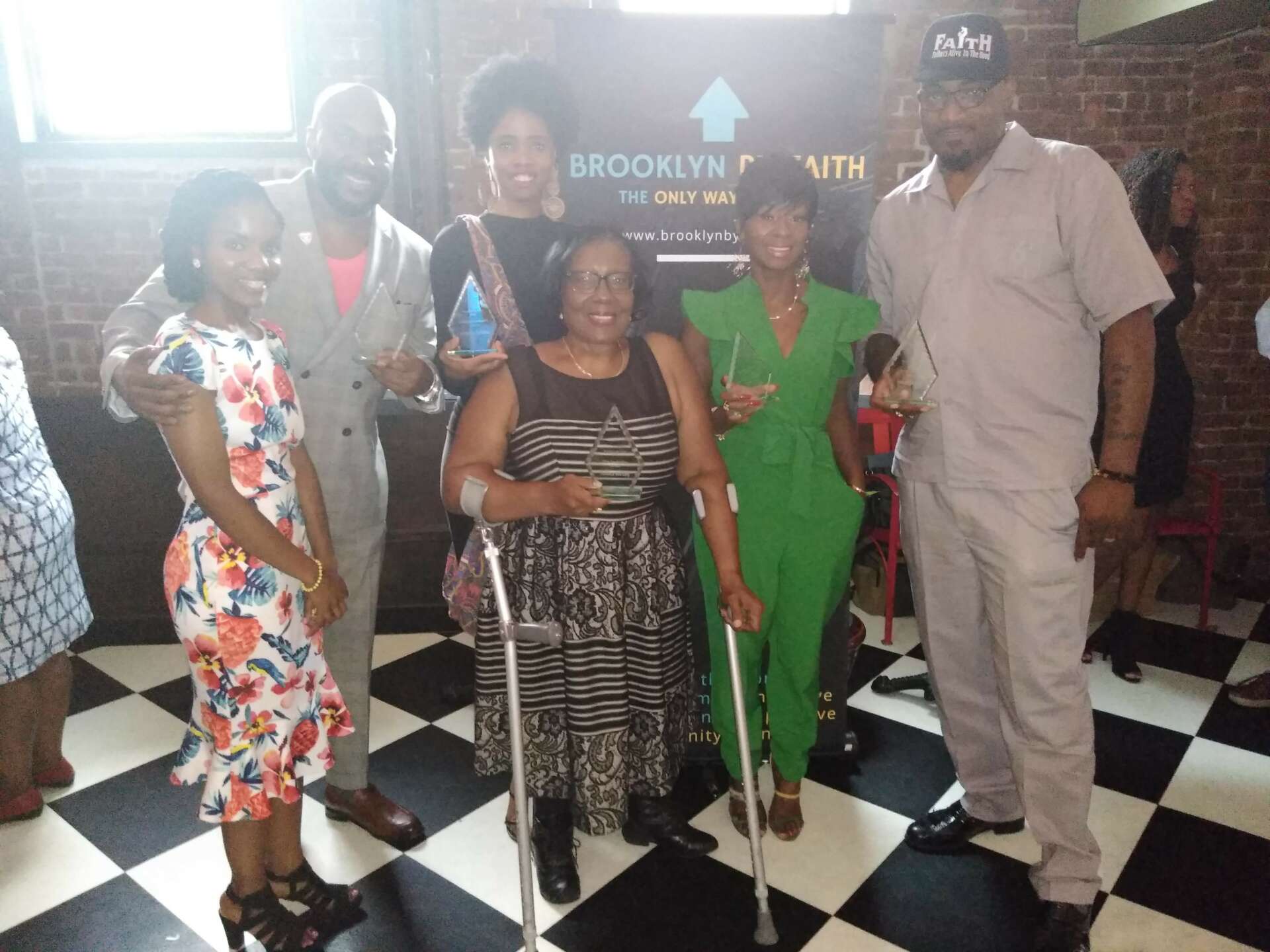
Learning and unlearning are both critical parts of growth – can you share a story of a time when you had to unlearn a lesson?
My faith is central to who I am, and it has helped reshape how I think about inadequacy. Through a specific biblical account, I learned to discover the blessing of inadequacy:
In the account of Jesus feeding thousands of hungry people which is retold in several books in the Bible there is an invitation to not allow one’s personal sense of inadequacy and overwhelming circumstances to undermine one’s ability to act decisively and to make a difference. In response to the enormous need that he and his disciples faced, Jesus gave specific directives:
1. DO SOMETHING: Jesus told the disciples not to run from the need nor to ignore their inadequacy but instead to do something about it, “You give them something to eat” (Mark 6:37).
2. GET ORGANIZED: Jesus told the disciples, “Have them sit down in groups of about fifty each” (Luke 9:14). Getting organized takes time but once accomplished allows a degree of acceleration that would have otherwise not been possible in the absence of being organized.
3. IDENTIFY AND GIVE THANKS FOR THE INADEQUATE: God will make us aware of an inadequate option to respond to the problem. It’s important that he does not present a fully adequate solution because if he did, we might be deceived into idolizing the solution. However, it is God’s presence, not the options that exist to respond to a challenge, that are of far greater consequence. Jesus then took the loaves, gave thanks, and distributed to those who were seated as much as they wanted. He did the same with the fish” (John 6:11).
4. EXPECT GOD TO USE BROKENNESS: After Jesus gave thanks to God he broke the bread and the fish that it would be multiplied. God will allow the inadequate option to be broken, tested and tried. He will allow the option to undergo this process so that light which may include personal understanding, wisdom, and patience, can shine through it. Like the Japanese art form kintsugi, sometimes the true beauty of a thing is not obvious until it is broken and restored.
5. WATCH GOD WORK AND ENJOY THE FEAST: Using the broken and inadequate solution, God’s ability to multiply and produce abundance works marvelously before our eyes! The account states, “They all ate and were satisfied, and the disciples picked up twelve basketfuls of broken pieces that were left over”(Luke 9:17).
God’s goodness not only provides but also takes the inadequate and makes it into the abundant. He truly does do exceedingly above all that we could ever ask or imagine.
6. ENJOY THE ABUNDANT FEAST: God’s word counsels us to look to him and to savor the sustenance that is offered to us each new day. This strategy doesn’t prevent the reality of hardship, but it does offer what is more precious and powerful than food – and that is hope.
This account reminds me that there is a blessing awaiting us when we choose to not allow the feeling of inadequacy to immobilize our hope and willingness to act.
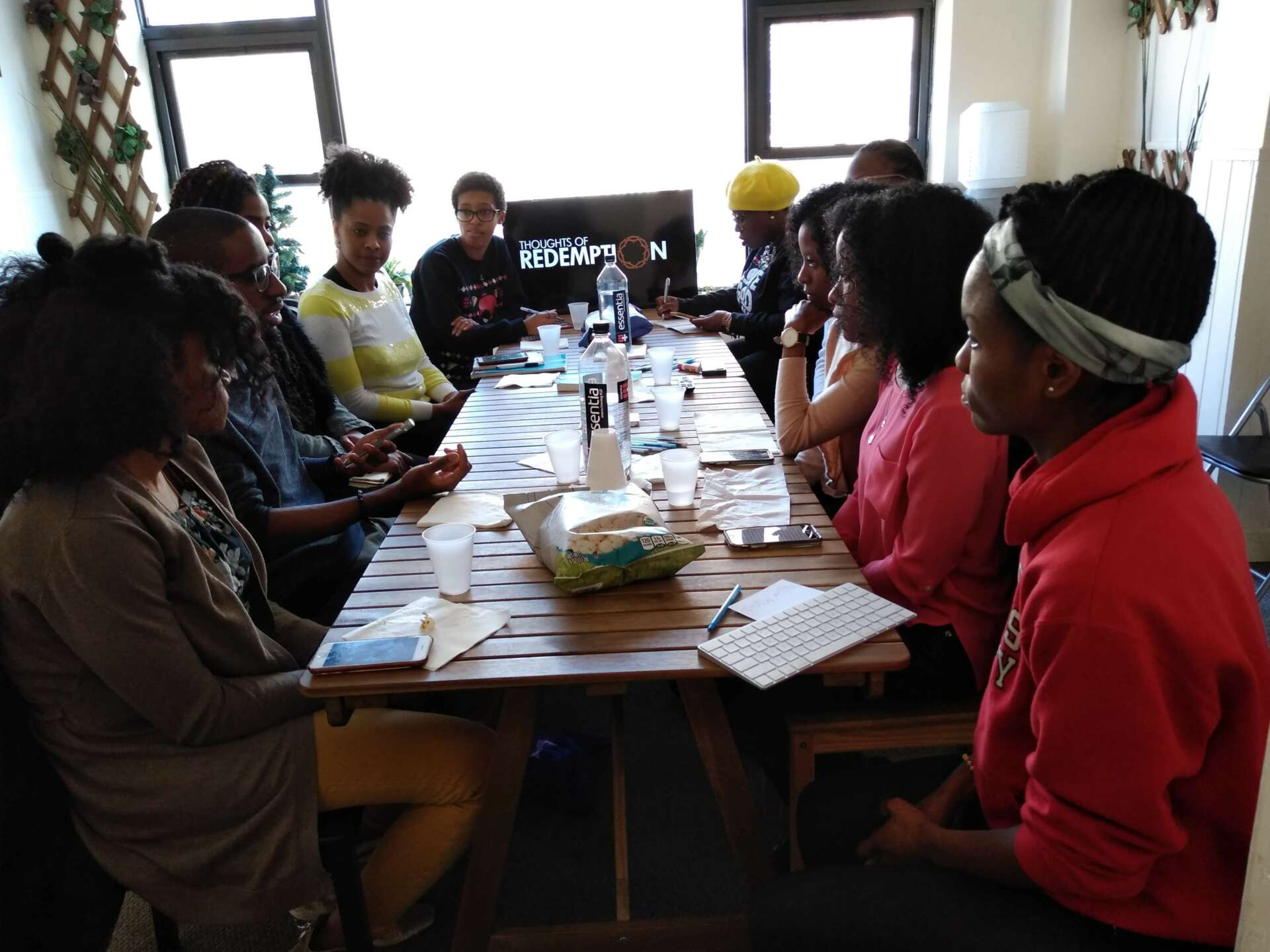
Contact Info:
- Website: https://renewtoday.net/
- Instagram: wedeliverperiod
- Linkedin: https://www.linkedin.com/in/amelia-e-thompson/
- Youtube: https://www.youtube.com/@renewtoday
Image Credits
Headshot: Jeremy Bustin Photography CRP1: Racine Roland Photography


